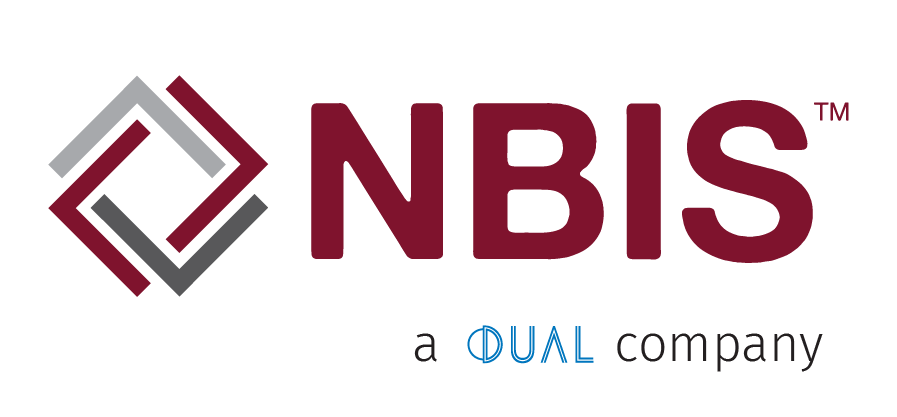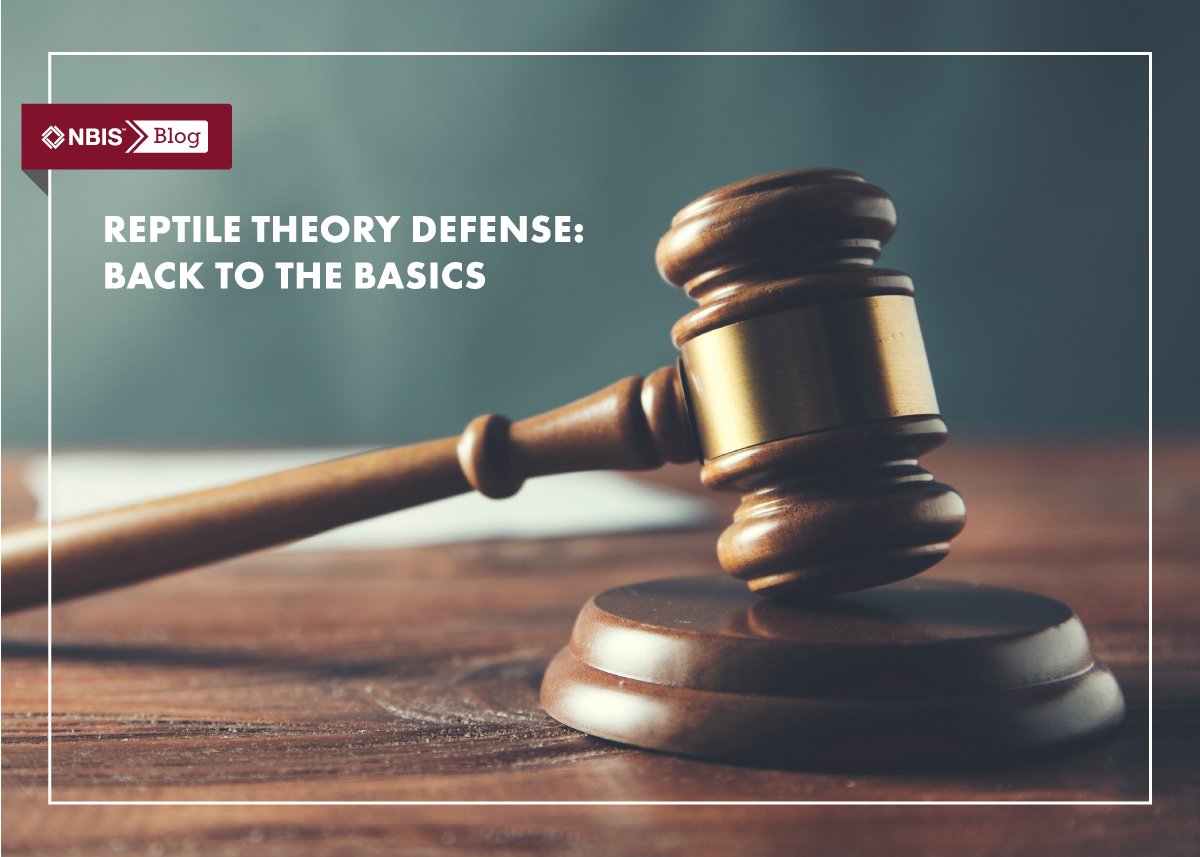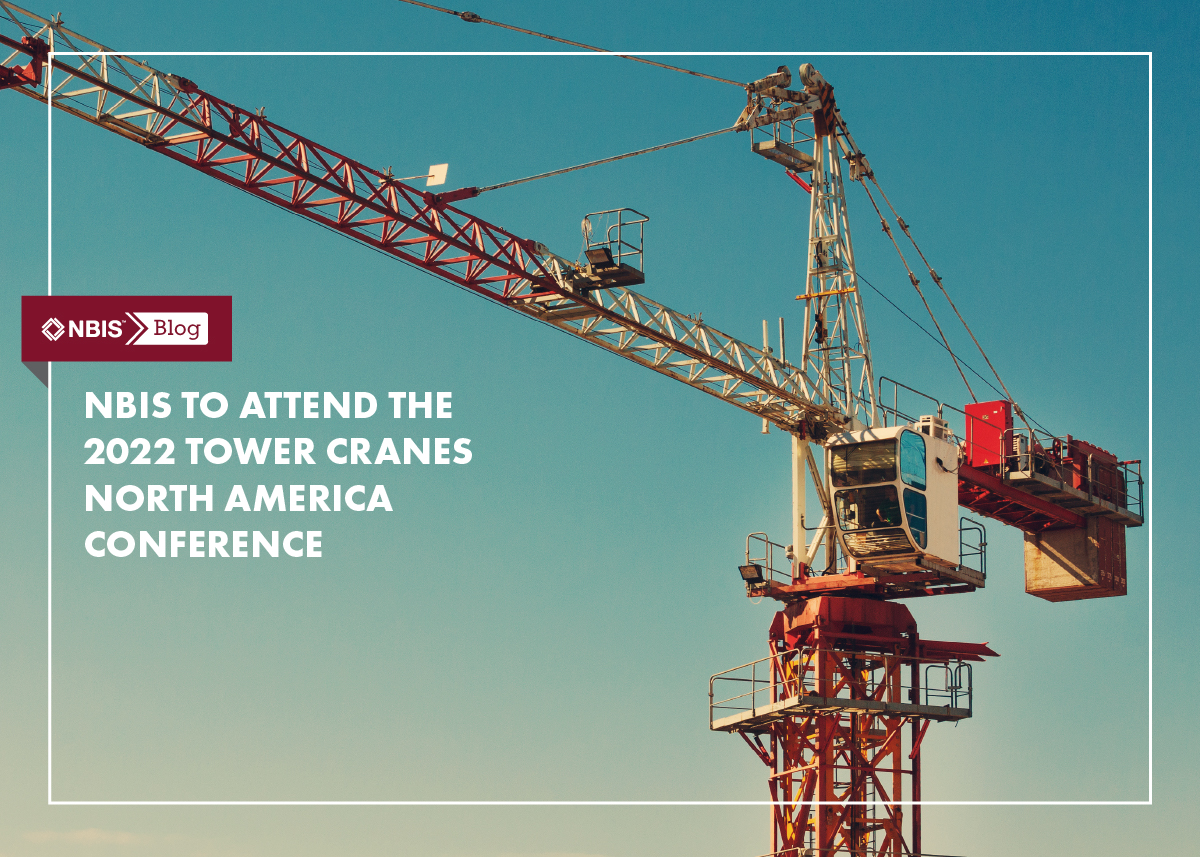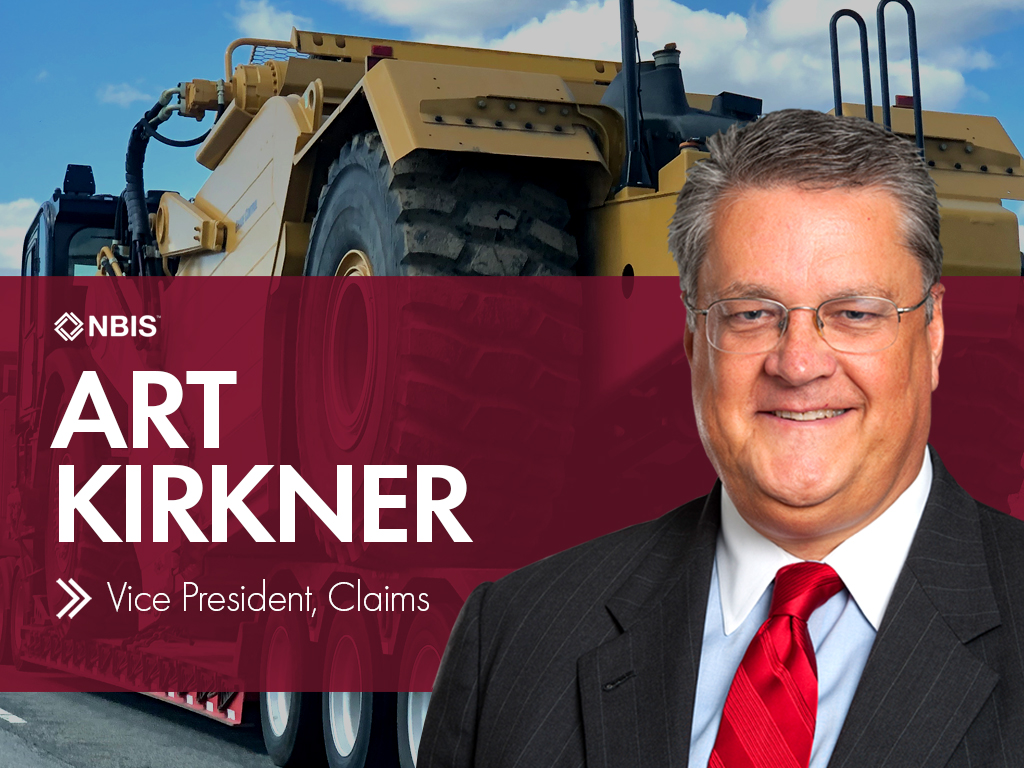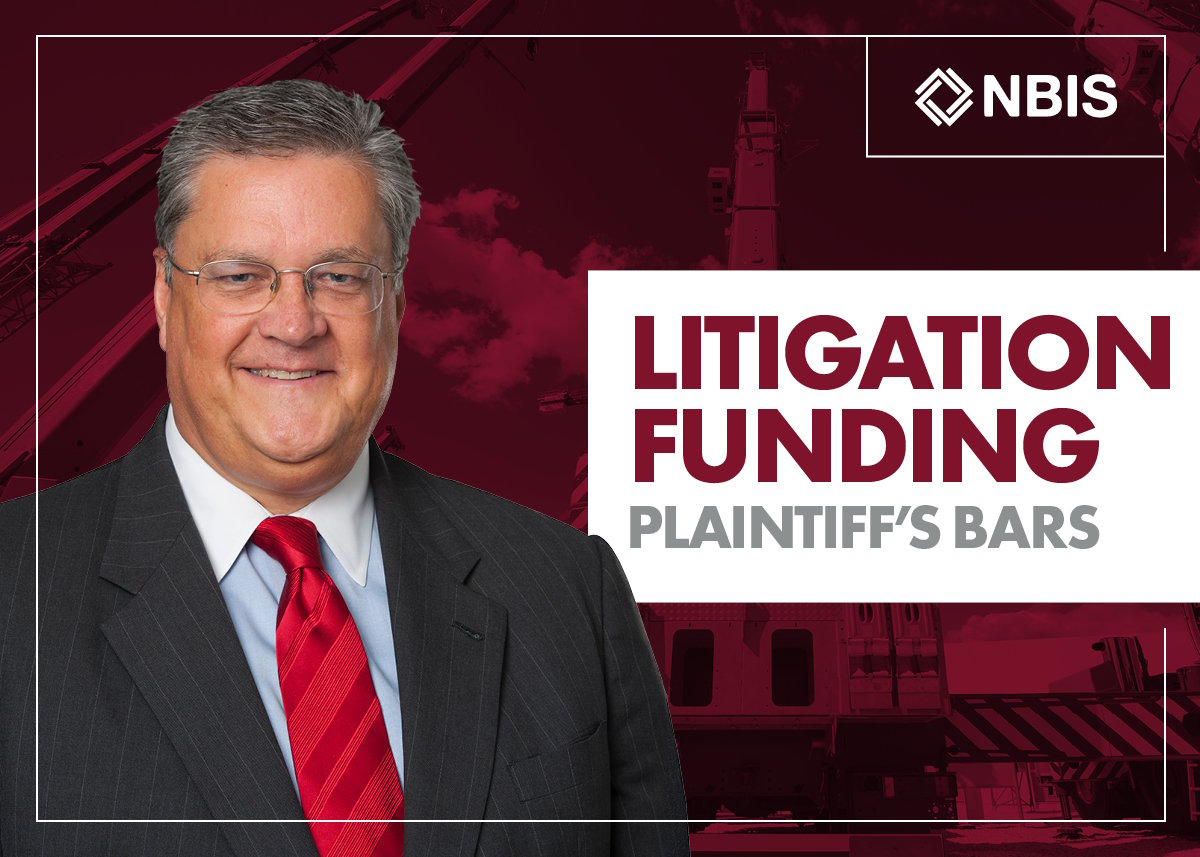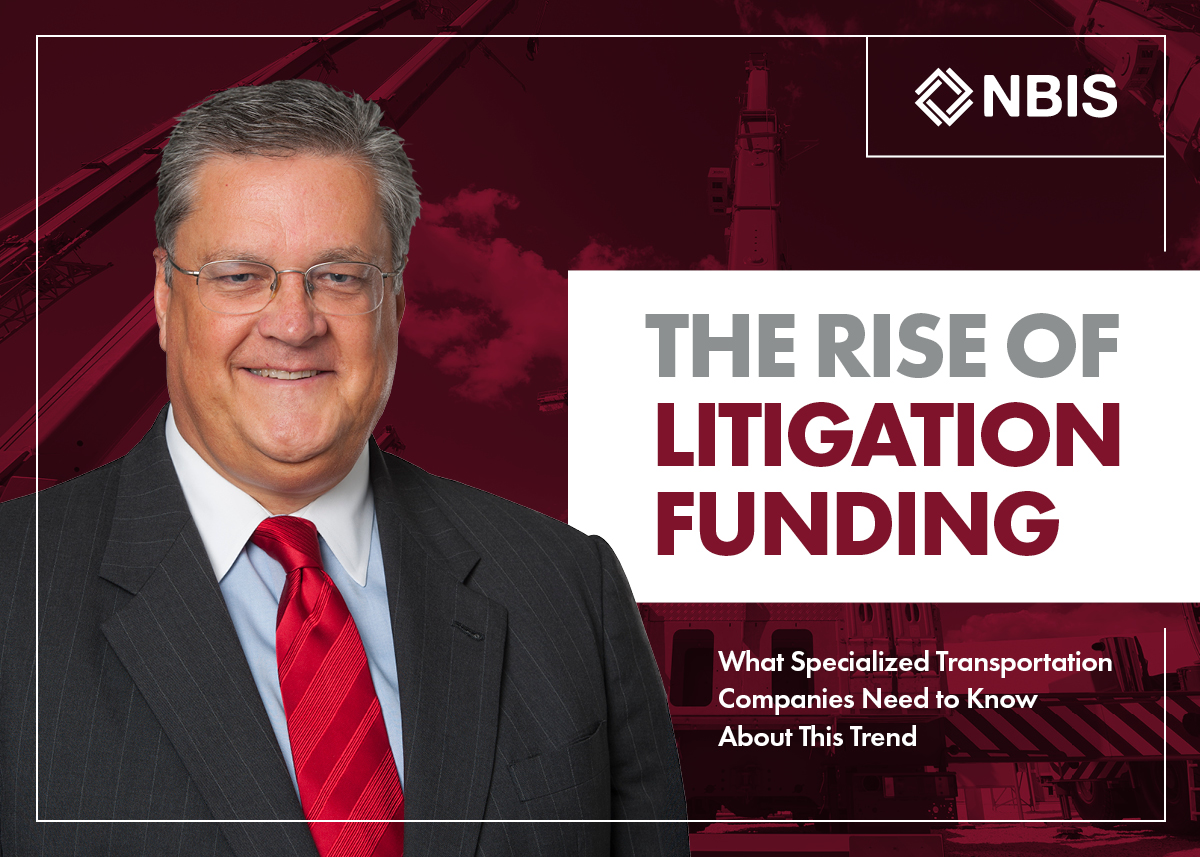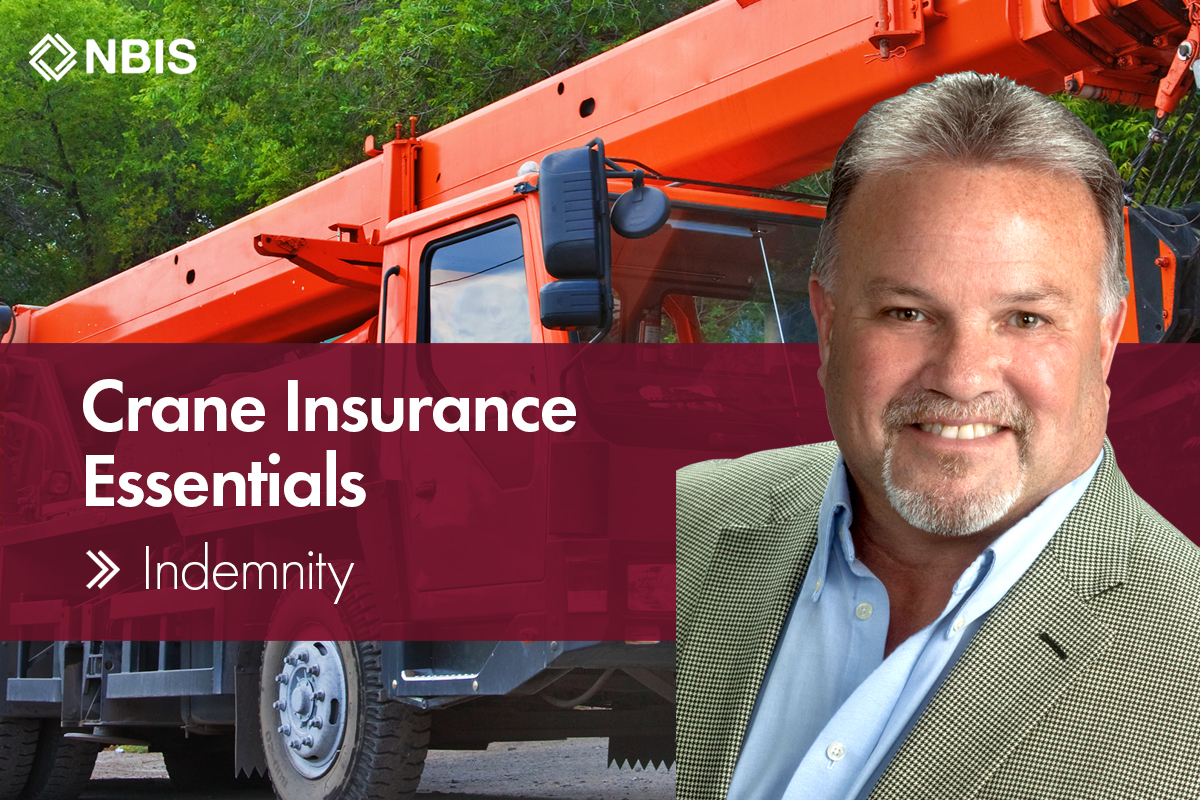By Tyrone Silva
There has been a lot of buzz around the crane, rigging, specialized hauling, and concrete-pump industries regarding counter strategies to combat the now-coined “Reptile Theory”—a tactic the plaintiffs’ bar has aggressively employed to methodically attack the safety performance of companies.Their hope is that by strategically targeting a company’s safety performance—as well as hiring practices they deem deficient—they will then incite fear within jurors, thereby eliciting emotional responses that could ultimately lead to multi-million dollar verdicts.
Insurance companies and company executives alike are often shell-shocked by these substantial monetary awards, which sometimes far exceed the amount of liability insurance available to the trucking company the award was rendered against. In response, both parties usually endeavor to seek out the latest litigation strategies, advanced witness training, and methods to gain insight into the ways in which juries make decisions, all of which are commendable, but may not prove highly successful in the long run.
Additionally, fast tracking a driver or operator through deposition prep wherein they successfully gauge plaintiff attorney tactics, and respond appropriately with limited answers, is not a behavior that can easily be learned and adopted overnight. Chances are the driver or operator will respond well on some questions and get tripped up on others.
Instead of courtroom strategies, perhaps it’s time for our industry to get back to the basics: more in depth pre-employment screening, building a safety culture that focuses on training and retraining, leveraging technology like telematics to identify unsafe drivers and bad driving habits, and investing in dash cameras to quickly assess fault. Proven, proactive risk management activities just might reduce the risk of your company being hit with a high-dollar verdict that leads to a worst case scenario—bankruptcy.
Case in point: After a five-day trial involving the former driver of a trucking company, an Illinois jury made headlines when it awarded more than $10 million to the family of a man killed in a crash. The incident in question occurred on Kentucky’s Interstate 64, when a pickup truck and a semi-truck collided after the semi crossed a grassy median.
In the resulting trial, the trucking company claimed that their driver experienced a cough-related syncope event, which caused him to temporarily lose consciousness. The plaintiff attorney claimed the driver fell asleep at the wheel. Ultimately, the eight-person jury ruled in favor of the decedent and the verdict crippled the trucking company, causing them to file Chapter 11 bankruptcy prevention.
Could the incident have been prevented if the trucking company identified a possible health issue with the driver during the pre-employment screening process? Would driver fatigue syndrome or unsafe driving have been identified over time through a telematics or driver-monitoring system before an incident could have occurred? Unfortunately, we too often find ourselves asking these types of questions. The reality is that we’ll never know, but it’s safe to say that a good deal of the accidents we see could have been prevented if the company had identified and corrected safety performance issues or driver health issues early on.
Simple preparedness—what I call The Basics—is a better alternative than courtroom strategies. So before you find yourself in a position where you need to defend your company and your drivers, be sure do the following:
● Perform an in-depth pre-employment screening, which can help you identify drivers with poor driving history.
● Offer training and re-training. Having a robust online driver training and safety training platform like one offered by NBIS will help you administer training efficiently and effectively.
● Telematics and dash cameras help you to identify unsafe driving habits and cut through factual disputes when an incident occurs. (NBIS policyholders are eligible for discounts with preferred NBIS Providers.)
● Have the right contract language. NBIS’s preferred contract language offers you greater contractual protection by getting the responsible party to indemnify and defend you for their negligence actions.
● Find an insurance partner who understands your business. Unlike other Insurance providers, NBIS offers expertise in the areas of crane and rigging, specialized hauling, and concrete pumping and employs a staff of risk and program managers with boots-on-the-ground experience.
